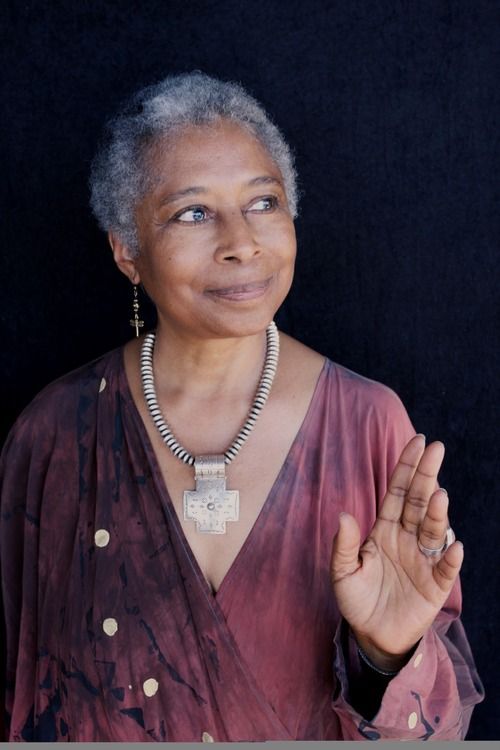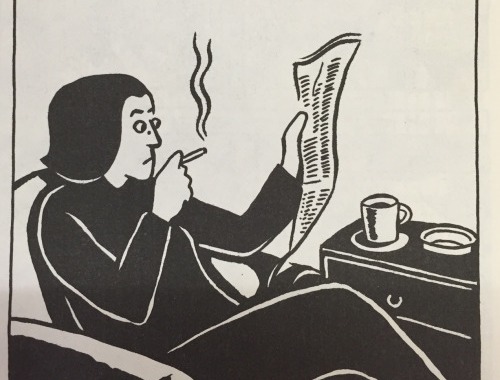The private and public are like inseparable lovers, they know each other too well. The feminist theory about toxic masculinity that you read in your room for your gender studies class does not protect you from the sneering old wrinkled man who undresses you with his shrunken eyes at a coffee shop. It’s the same when you step onto the bus to go to class at university. Putting your headphones on does not protect you from the three men who attempt to sneakily stare at you the entire time, and getting off of the bus does not lower the rape statistics that your university attempts to hide.
What does desirability mean to a young brown woman when the only men who approach her in public are old, white, and clearly losing it?
Of course, by now I should know that my desirability and attractiveness is not based on who looks at me or who approaches at me or who wants to fuck me.
But what does it do to a person’s psyche when their body is so unlovable and so rejected, when going out to a coffee shop is no longer a light-hearted occasion, but rather a terrifying and anxiety inducing experience?
Everyone was wondering why I wasn’t moving. He kept staring at me, he even asked to sit at the same table as me, but I smiled and said no. So he sat at the table closest to me and as I took sips from my coffee and glued my eyes to my book, I could sense that his were lingering on me. Eventually he got up, turned on the flashlight on his phone, and wandered around my table, looking for “something I lost”. I kept my eyes on my book. I could sense everyone’s bodies shifting towards me, almost as though they were waiting for him to attack, and make his move. The Khaleejis almost protectively stared, I think one of them even yelled something at him. Finally he sat back down and returned his focus onto me, smiling. I smashed my cigarette onto the side of my table, stuffed my books into my bag, and started to leave, but he stepped in front of me and said “Hope you have a good night”. I smiled again, murmured something, and rushed out.
It’s funny. At this point, I don’t even do anything. What can I do? I used to have a snarky comment up my sleeve, an ugly sneer, a middle finger. But it’s no use. I feel the same afterwards. Confused, sad, angry, helpless. Why should I respond when it endangers me? I’ll always end up feeling worthless, and mentioning it to family or friends always evokes responses which make me feel ashamed for even leaving the house in the first place.



